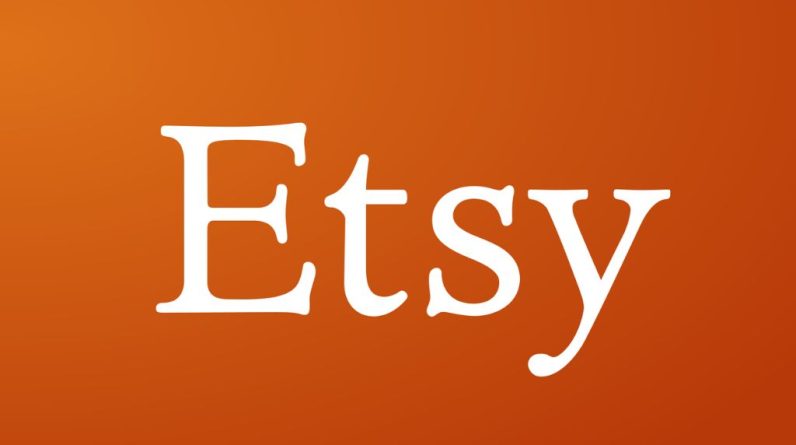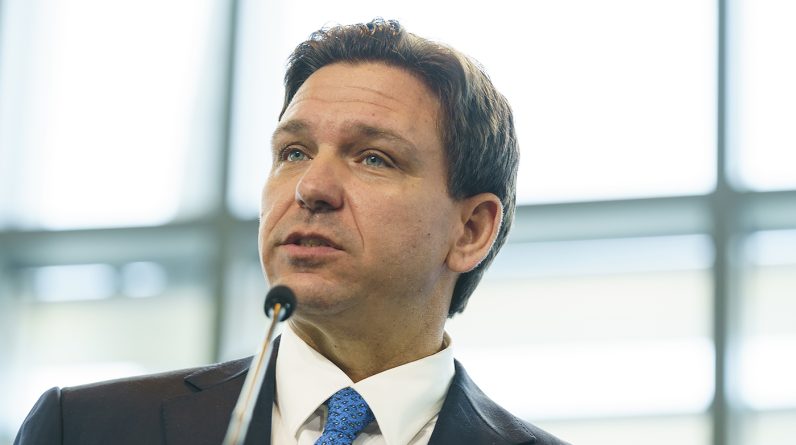
During the G7 Summit in Hiroshima, Japan, on May 20th, world leaders highlighted the urgent need to assess the impact of generative artificial intelligence (AI). They announced plans to initiate discussions this year on responsible artificial intelligence use and establish a working group to address related issues.
Worldwide, Governments are under pressure to swiftly address the risks associated with generative AI. OpenAI CEO, Sam Altman, testified before a US Senate panel, emphasizing the necessity of regulating AI. G7 leaders acknowledged the enhancing prominence of generative AI and emphasised the importance of assessing its opportunities and challenges.
The G7 statement outlined plans to establish the Hiroshima artificial intelligence process through a working group, in collaboration with the OECD and GPAI. Topics for discussion may include governance, transparency ,intellectual property rights, response to foreign information manipulation, and responsible utilization of these technologies.
The European Parliament is also taking steps towards EU-wide regulation of artificial intelligence systems, including ChatGPT, aiming to adopt a final law after negotiations with member states.
Sam Altman stressed that while generative artificial intelligence has potential for addressing challenges like climate change and cancer treatment, regulatory intervention by governments is necessary to mitigate risks posed by increasingly powerful models.
The G7 emphasized that governance of digital technologies, including artificial intelligence and immersive metaverses, should align with shared democratic values, including fairness, privacy protection, and combating online harassment, hate, and abuse.





